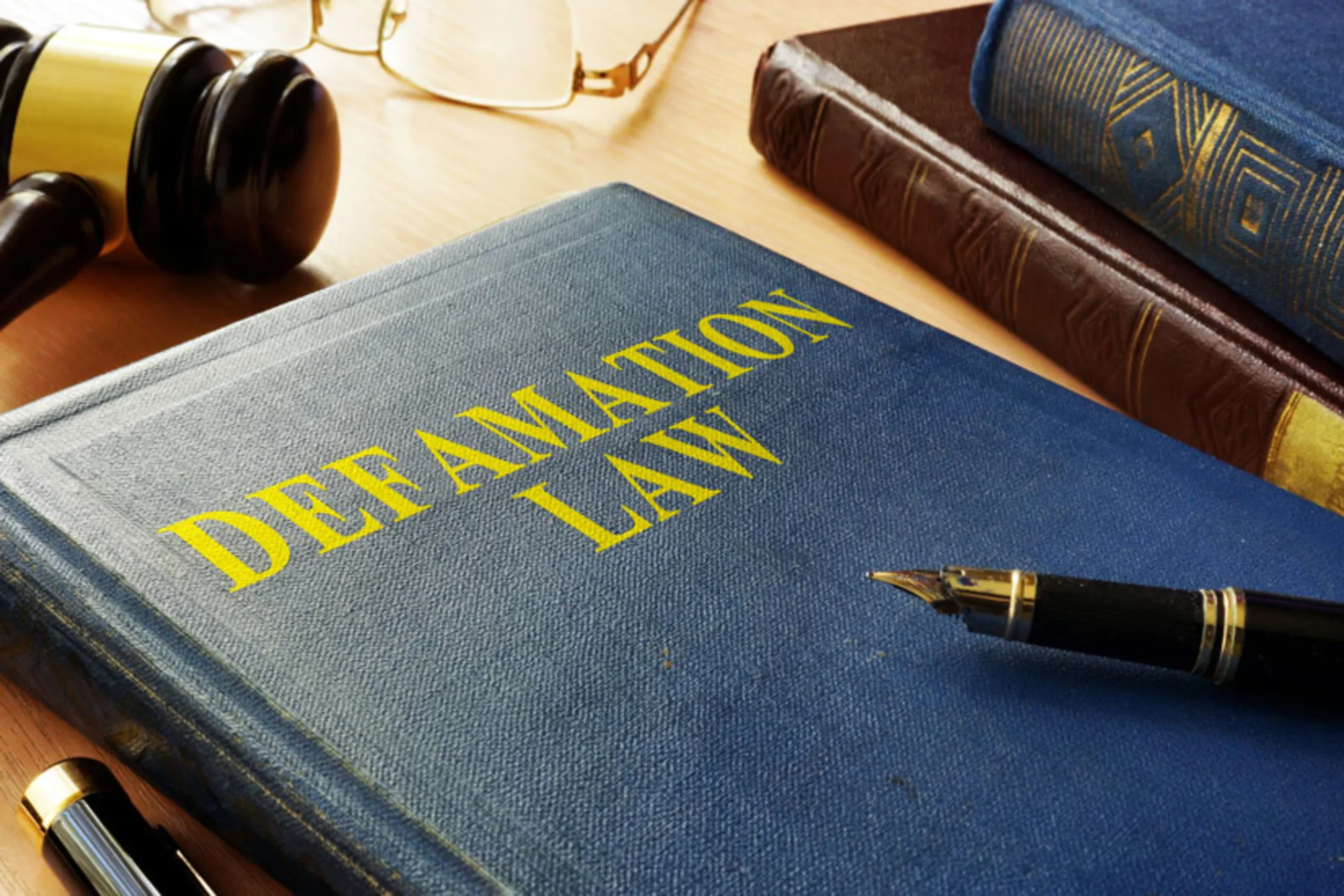Introduction: Words Can Hurt—Especially Online
In an age where reputations are built and destroyed on social media, online defamation and digital harassment have become serious threats to individuals and businesses alike. A single tweet, viral video, or anonymous comment can spark personal distress or professional damage. In the UAE, such acts are not only morally questionable—they can be criminal.
Under Federal Decree-Law No. 34 of 2021 on Combatting Rumors and Cybercrime, the UAE provides robust legal mechanisms to address online defamation, harassment, and misuse of digital platforms. Whether you’re a business owner, a social media user, or someone dealing with online bullying, understanding your rights under the law is crucial.
This guide explains how UAE law defines, penalizes, and addresses digital defamation and harassment, and what you can do if you find yourself a target.
1. What Is Online Defamation Under UAE Law?
Online defamation refers to the act of spreading false or harmful statements about a person, group, or company via electronic means—including social media, blogs, email, or websites.
The UAE Penal Code and the Cybercrime Law classify defamatory posts, videos, or messages as serious offenses. Elements include:
- Publicly insulting someone
- Damaging their reputation
- Publishing or reposting false accusations
- Sharing defamatory images or videos
Even forwarding a message that contains defamatory content may be punishable.
2. What Counts as Digital Harassment?
Digital harassment includes any repeated and unwanted behavior conducted through digital channels that causes fear, distress, or harm to an individual. This can include:
- Sending threatening or abusive messages
- Stalking through social media or GPS tracking
- Publishing personal photos without consent
- Spamming or doxxing (publishing private information)
Under UAE law, these acts can lead to criminal penalties even if the perpetrator and victim are located in different countries, provided the impact occurs within UAE jurisdiction.
3. Relevant Legal Provisions
The following articles from Federal Decree-Law No. 34 of 2021 directly address these issues:
- Article 43: Criminalizes publishing fake news or misleading digital content
- Article 44: Prohibits using IT tools to threaten or insult others
- Article 45: Bans invasion of privacy and sharing personal content without consent
- Article 46: Targets blackmail, threats, and extortion online
Penalties can include:
- Fines ranging from AED 20,000 to AED 500,000
- Imprisonment from six months to two years
- Deportation for expatriates found guilty
4. What to Do If You’re a Victim
a. Preserve the Evidence
Take screenshots, record links, save chat logs, and document time stamps. Avoid engaging with the harasser.
b. File a Report
In Dubai, complaints can be filed through:
- Dubai Police app or website
- eCrime portal (www.ecrime.ae)
- A local police station
Reports should include:
- Your Emirates ID and contact details
- Evidence of the harassment or defamation
- Details about the perpetrator (if known)
c. Consult a Legal Expert
Lawyers specializing in cybercrime can guide you through filing criminal complaints, civil claims, or cease and desist notices. They can also help liaise with platform administrators to remove defamatory content.
5. Remedies Available to Victims
Victims of digital defamation and harassment may be entitled to:
- Criminal prosecution of the offender
- Monetary compensation through civil court for reputational or emotional harm
- Court orders for takedown of content or social media bans
- Injunctions preventing further contact or harassment
6. Responsibilities for Businesses and Influencers
If you’re a public figure or a brand, you may be more exposed to digital defamation or targeted campaigns. Here are a few protective measures:
- Monitor brand mentions across platforms
- Respond legally rather than emotionally
- Include social media policies in employee contracts
- Add defamation clauses to influencer and vendor agreements
Businesses also have a duty not to engage in defamatory behavior themselves—including posting competitor slurs, false reviews, or employee shaming online.
7. Defenses to Defamation
While the UAE has a zero-tolerance policy toward digital abuse, some defenses may apply in limited cases:
- Truth: If the statement is demonstrably true, it may offer partial defense (but not always sufficient)
- Public interest: If the content serves the public good without malice, courts may show leniency
- Lack of intent: Accidental or non-malicious sharing might reduce penalties, but doesn’t eliminate them
Each case is judged on its own merits, and what counts as public interest or fair comment is interpreted narrowly in the UAE.
8. Prevention Is Better Than Prosecution
For individuals:
- Think before you post
- Use privacy settings wisely
- Block and report online abusers
For businesses:
- Train your staff on digital communication standards
- Set up a rapid response protocol for online PR crises
- Have a legal advisor ready in case of digital disputes
Conclusion: Legal Protection in a Connected World
Digital communication is fast and far-reaching—but it’s also governed by law. The UAE offers clear protections against online defamation and harassment, ensuring victims have legal paths to justice and peace of mind.
If you’ve been targeted, don’t wait for the situation to escalate. Act quickly, document everything, and consult a legal professional.






